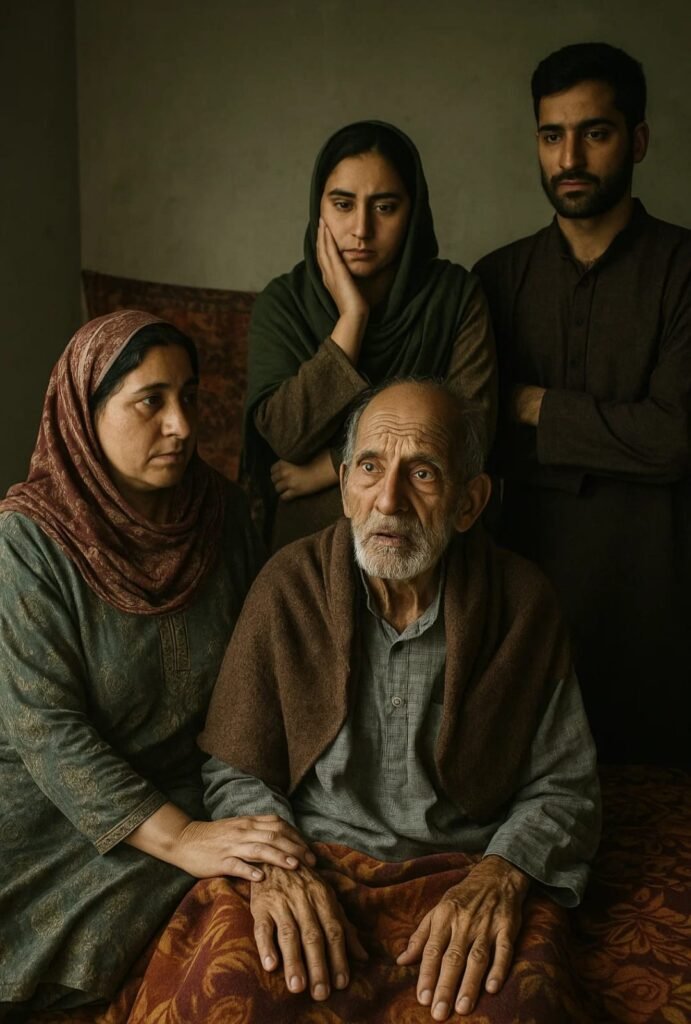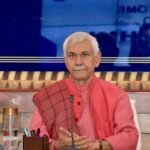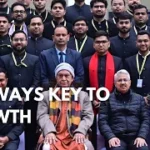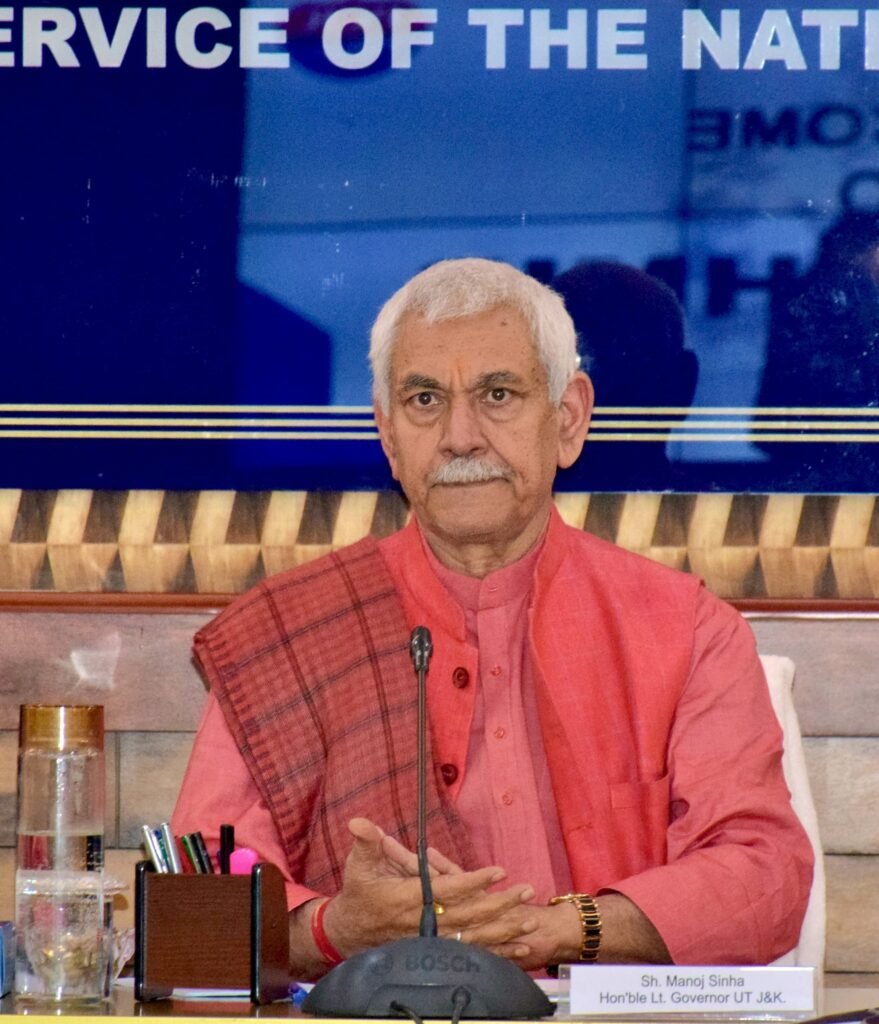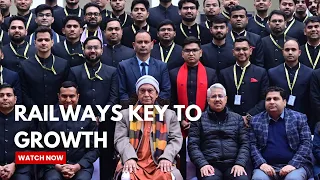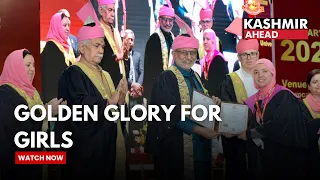Srinagar, September 21, 2025 – As the world marks World Alzheimer’s Day under the theme “Time to Act on Dementia, Time to Act on Alzheimer’s,” the spotlight in Kashmir falls on a silent epidemic: soaring dementia rates that are unraveling families in the shadow of the Himalayas. With Jammu and Kashmir recording the highest prevalence of dementia in India at 11.04 percent among those over 60, local health experts warn that the region is at the forefront of a national crisis projected to double India’s dementia cases to 17 million by 2036. Keywords: World Alzheimer’s Day, Kashmir dementia rates, Alzheimer’s disease, family caregivers, memory loss, elderly care, Jammu and Kashmir health crisis.In the misty valleys of Budgam, 62-year-old Sameena Ali stares blankly out her window, her once-vibrant stories of apple orchards and embroidered shawls reduced to fragmented whispers. Ten months ago, a Srinagar neurologist delivered the devastating diagnosis: Alzheimer’s disease, the most common form of dementia. “She forgets her own children’s names now,” her daughter, Aisha, says, her voice cracking as she adjusts Sameena’s pheran, the traditional woolen cloak.
“It’s like watching her disappear, piece by piece, while we fight to hold on.”Sameena’s story echoes across Kashmir, where the Longitudinal Ageing Study in India (LASI) paints a grim picture. An estimated 11 percent of adults over 60 in Jammu and Kashmir grapple with dementia—more than double the national average of 7.4 percent. Some districts report even steeper figures, fueled by a rapidly aging population, genetic predispositions unique to the region, and the lingering scars of conflict that exacerbate stress-related cognitive decline. Globally, over 55 million people live with dementia, a number set to triple to 139 million by 2050, but in low- and middle-income areas like Kashmir, the rise is steeper, with 71 percent of cases projected by mid-century.Dr. Farah Qureshi, a geriatric specialist at the Sher-e-Kashmir Institute of Medical Sciences in Srinagar, sees dozens like Sameena each week. “Kashmir’s life expectancy has climbed to 73 years, but so have the years of suffering,” she explains. “Urbanization, poor diet, and isolation in our joint family system breaking down—these are accelerating the thief of memory.” A 2023 study in Alzheimer’s & Dementia confirmed the disparity, pegging Jammu and Kashmir’s rate at 11.0 percent (95% CI: 7.3–14.8), far outstripping Delhi’s 4.5 percent.
Earlier surveys among Kashmiri migrants even hinted at rates as high as 6.5 percent, suggesting environmental and migratory stresses compound the risk.For families, the battle is as emotional as it is logistical. In downtown Srinagar, 70-year-old Ghulam Hassan wanders the narrow lanes of his neighborhood, convinced he’s late for a wedding that happened decades ago. His son, Bilal, quit his job as a teacher to become full-time caregiver, navigating a healthcare system strained by limited specialists and no dedicated dementia centers. “We hide his condition from relatives—stigma is thick here,” Bilal confides. “But every forgotten prayer call, every lost thread of our history… it erodes us all.” Unpaid caregivers like Bilal shoulder an invisible burden: India’s dementia care costs already exceed $1 trillion globally, with families providing billions in hours of unpaid labor.Yet, amid the loss, glimmers of hope emerge. This World Alzheimer’s Day, local NGOs like the Kashmir Alzheimer’s Support Group are pushing for awareness campaigns in mosques and community centers, emphasizing early diagnosis—crucial since three-quarters of cases go undetected.
“Forgetfulness isn’t just aging; it’s a call to act,” urges Dr. Qureshi. Simple interventions, from brain-healthy diets rich in saffron and walnuts (Kashmir’s staples) to regular exercise amid the Dal Lake’s serene waters, can slash risks by up to 40 percent, per global studies.As the sun sets over the Jhelum River, Aisha tucks Sameena into bed, reciting old Kashmiri folk tales in a bid to anchor her mother’s fading world. “On days like today,” Aisha says, glancing at a World Alzheimer’s Day poster on the wall, “we remember: it’s not just about the loss. It’s about fighting for every memory left.” In Kashmir, where resilience is woven into the fabric of survival, these families embody the day’s urgent plea—a call to build support systems before the fog engulfs another generation.About the Author: This article draws on interviews with local families and experts, alongside data from the Longitudinal Ageing Study in India and Alzheimer’s & Dementia journal. For support, contact the Kashmir Alzheimer’s Support Group at support@kashmiralz.org.

